May was a wacky month. It meant a lot of visitors for whatever reason, and despite the unsteady dollar. I had to make a schedule page to keep track of everyone who was coming. It’s always nice to see friends who make the trip, although I warned a friend who’d moved to Paris that visitors are always twenty minutes late. He seemed to glaze over my comment, but a few months later, he said, “You’re right. That’s true!” (In related news, when invited to someone’s home for dinner in Paris, it’s somewhat impolite to be on time, since that doesn’t give time for your host to put the finishing touches on things. You should plan on arriving about 20 minutes late so you don’t surprise them.) As a baker, I’m always on time and have similar expectations. When I met Romain, we had a misunderstanding between douze heures (12 o’clock) and deux heures (2 o’clock), which even French people sometimes have to enunciate when saying, and one of us was 2 hours late. I don’t remember who, but I’m glad we stuck around. There’s an expression that you never feel more American than when you leave America. And I can attest that any differences really stand out. Cultural differences can be really confusing and perplexing, and I wrote a book shortly after I arrived about some of them: It included everything from standing in line at the market to €135 ($150) door keys, and doors that lock as soon as you close them, and if you leave your keys inside, it can cost thousands of euros to get back in. As well as figuring out why I had to give the guardian in my building a tip as soon as I arrived. Yes, in France, tips are included in the bill when dining out, but if you want your mail, you’d better tip the guardian of your building. I also had some issues navigating the mixed-gender dressing room at yoga class in Paris, which actually didn’t bother me. But when I went back to reportedly non-prudish San Francisco, it surprised some of the others when I began changing in front of everyone. After mastering drying racks and finding a shopping caddy, two things I never gave a single thought to in America—I panicked when I realized my first apartment didn’t have a dryer, which almost no one has in Paris—I’m now an expert on both of those things, as well as saying hello to everyone on elevators and doctor’s waiting rooms, yet ignoring people who live right next door. When I moved to Paris, one of my dreams (that never materialized) was that I thought that I could write for some of the American food magazines. Since I was “on the ground,” I (thought I) had a good perspective of what was new and what was going on in the city. At that time, there was a seismic shift in the sweet side of Paris. Pierre Hermé made pastry chefs famous, and lines were legendary at his tight, and sole, boutique on the rue de Bonaparte. Once you got in, you were transfixed by the astounding, modern pastries that weren’t just for show. They were delicious. (He now has around 70 boutiques around the world.) I started doing chocolate tours and met emerging chocolatiers Patrick Roger, Jacques Genin, and Jean-Charles Rochoux. Patrick Roger had one boutique and so did Monsieur Rochoux, who gave me a hard time (jokingly) for not being able to pronounce his name. Jacques Genin was making chocolates in an unmarked building in the 15th and sold only to restaurants and those brave enough to knock on the wooden door to see if they could buy a kilo, which he’d do…if he felt like it. I was (and still am) the dopey American with an interest in pastry and chocolate, and they weren’t sure what to make of me. But when they found out that I had a fairly good knowledge of, as well as a lot of appreciation for, what they were doing, they took me a little more seriously. Jacques Genin also gives me a hard time about, well…everything…but my French has improved enough to give it back. Since then, the food scene in Paris has evolved substantially. Younger pastry chefs set up shops in “everyday” neighborhoods, such as Ginko, La Goutte d’Or, and Sain, where rents are gentler, they have more leeway to experiment, and locals appreciate having them in the neighborhood.
In the last 5 or so years, the bread scene has really changed in Paris, with more bakers using strictly organic flours and other ingredients and getting their flour from small farms and mills that raise and grind heritage grains, eschewing commercial flours. I never got to write about them for magazines, but I’m not complaining (and our current building has no guardian, so I don’t have to worry about not getting my mail), and I get to share my Paris finds and favorites here and there. I spent the end of May in New York, seeing friends and checking out some bakeries, including Mary O’s Scone Shop (93 1/2 E 7th Street), La Cabra, Hani’s (so good), Elbow… …and the new Win Son in the East Village. I did reach my limit of where and what to eat, but I did my best. Now it’s back to Paris, where cherries, strawberries, and apricots are at the markets. More visitors are on the way — don’t be late! — and I’m delighted to be having a book event at the end of the month in Paris. So if you’re in town, you’re welcome to come. And yes, it’s okay to arrive on time. 😆 -David Paris Book EventI’ll be joining my friend Jane Bertch for a book signing at La Cuisine cooking school in Paris located at 78 Quai de l'Hôtel de ville (4th). Jane will be signing copies of her memoir, The French Ingredient: Making a Life in Paris One Lesson at a Time, now in paperback, and I’ll be signing paperback copies of my books The Sweet Life in Paris and L’Appart. The signing will be on Sunday, June 29, from 3 to 4:30pm. Book quantities may be limited, and you’re welcome to bring books that were purchased elsewhere to sign. (Note: The venue cannot accept credit cards at the event.) If you’re in Paris, we’ll see you there! Links I’m Liking…Eyeing hard these hand-painted (and admittedly pricey) trompe de l’œil stacked plate boxes with ceramic chocolates and vegetables. (Abask) Caviar becomes anti-elitist, showing up at French Burger King. (France24) Dunkin’ Donuts comes to Paris. (MSN) French president Emmanuel Macron said he was “joking” with his wife in a video that shows her giving him a noticeably firm shove. (Reuters) May is often strike season in France: taxis are protesting and blocking roads in their fight against impending reforms, and French farmers are driving tractors to Paris for better wages, easier access to construction permits, and to use neonicotinoid, a banned pesticide, which is allowed to be used in other countries in the EU. (France24) France isn’t known as a country that loves ice, so it’s not surprising that a bar is opening that is eschewing ice entirely. (Punch) Paris bans smoking in public parks and gardens, around schools, at the beach, and in bus stops. (NPR) Season 4 of The Bear drops June 25. (Eater) Wonder what Caramelized Eggplant Upside-Down Cake tastes like? (Taste) I had the incredible Pistachio Halvah Rice Krispies Treat at Hani’s in NYC, and after I told her about them, deb perelman forwarded me the recipe in the NYT. (NYT/Unlocked) Why the tap water in Paris is some of the best in the world, and why you may want to avoid bottled water. (James Stew/RFI) You're currently a free subscriber to David Lebovitz Newsletter. For the full experience, upgrade your subscription. |
Monday, June 2, 2025
June 2025 Newsletter
Subscribe to:
Post Comments (Atom)

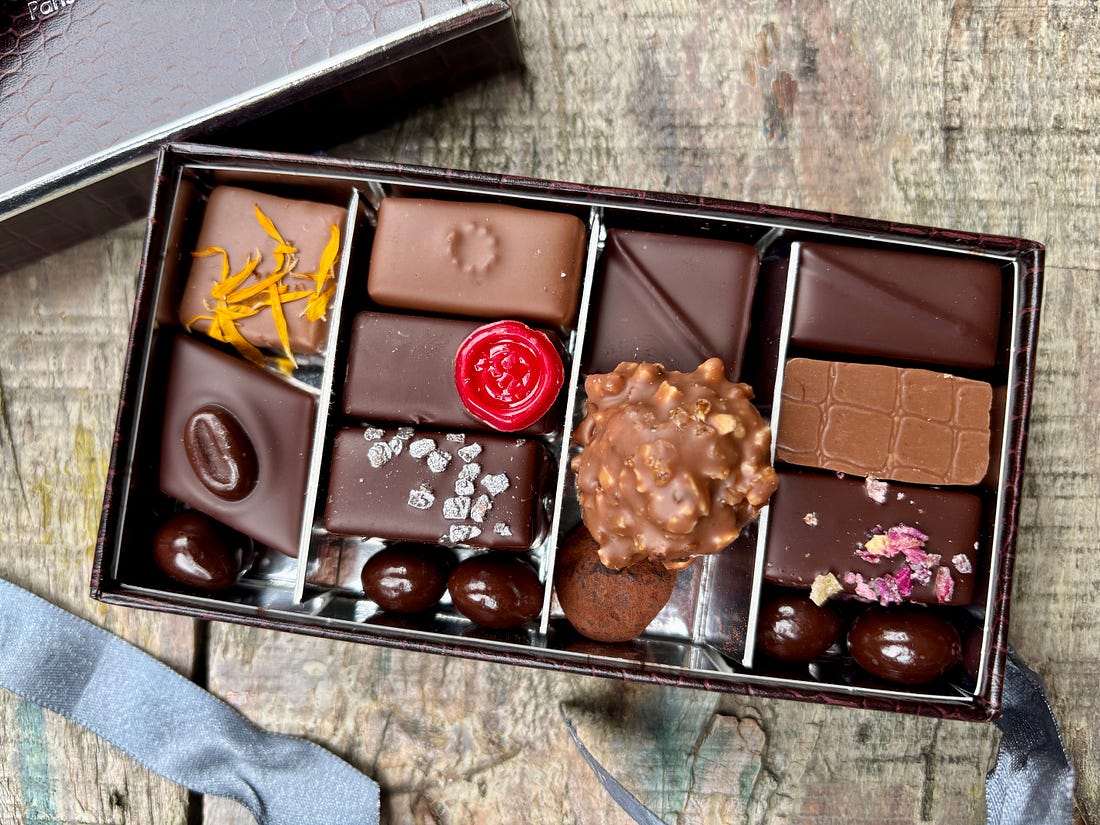
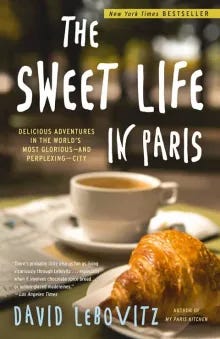
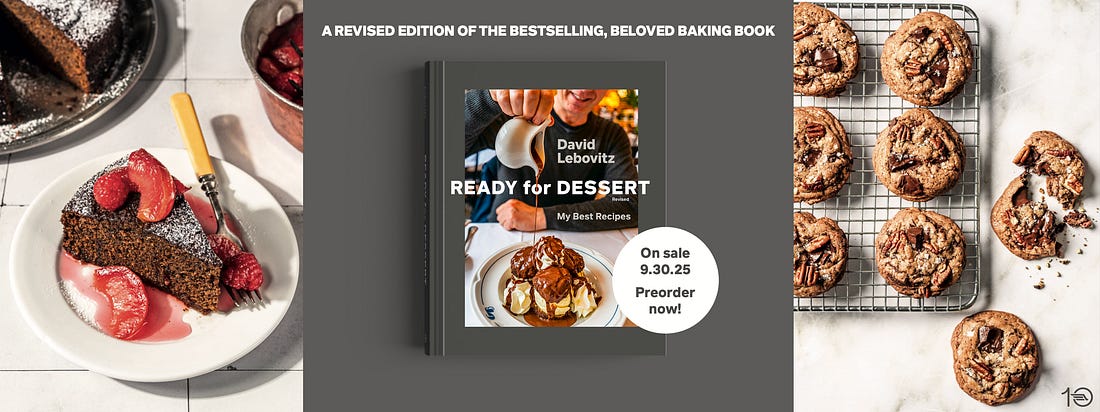
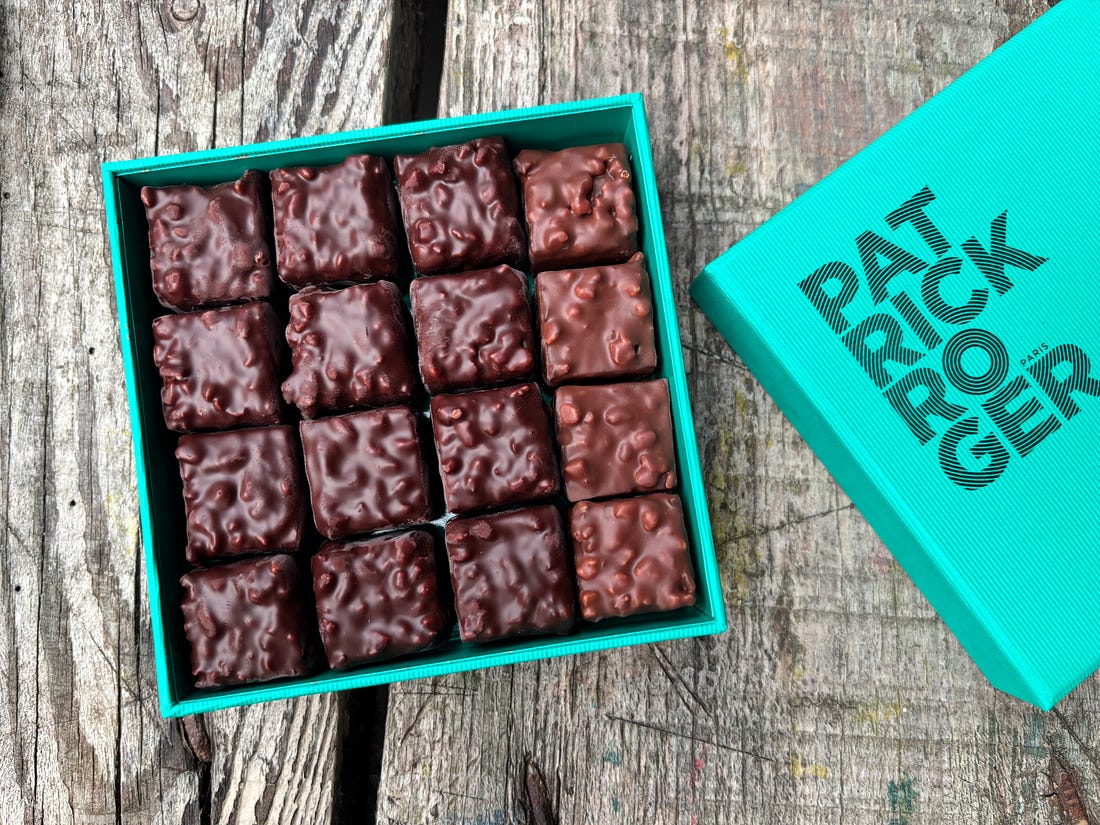
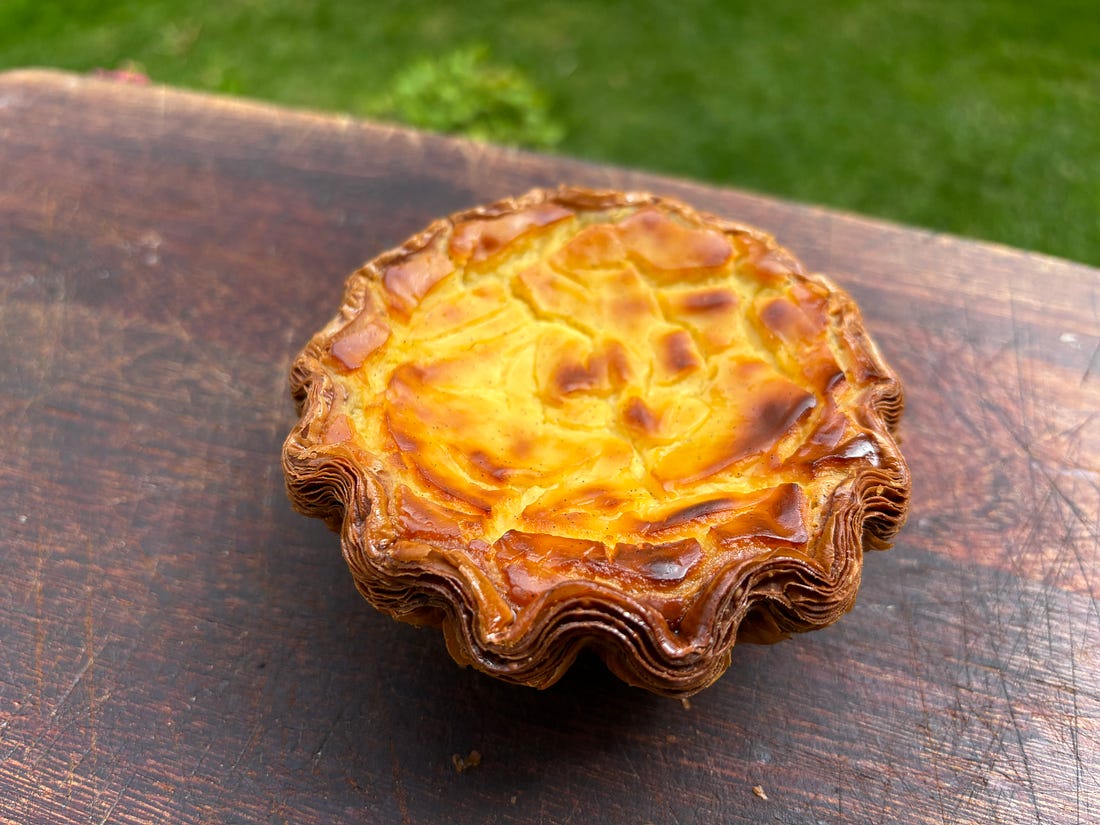
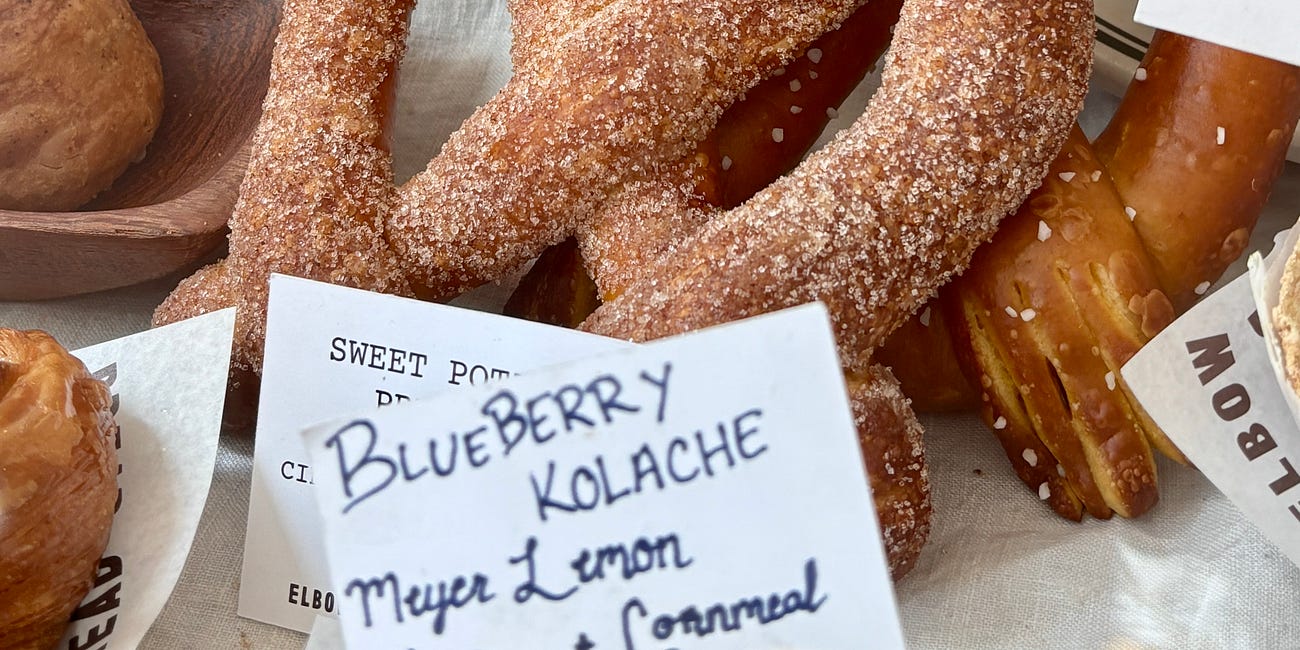

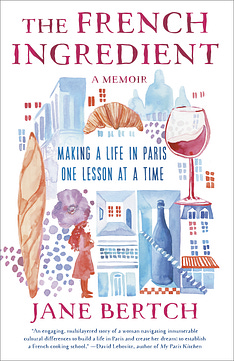
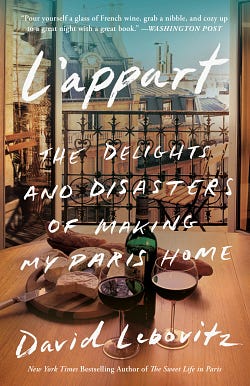



No comments:
Post a Comment